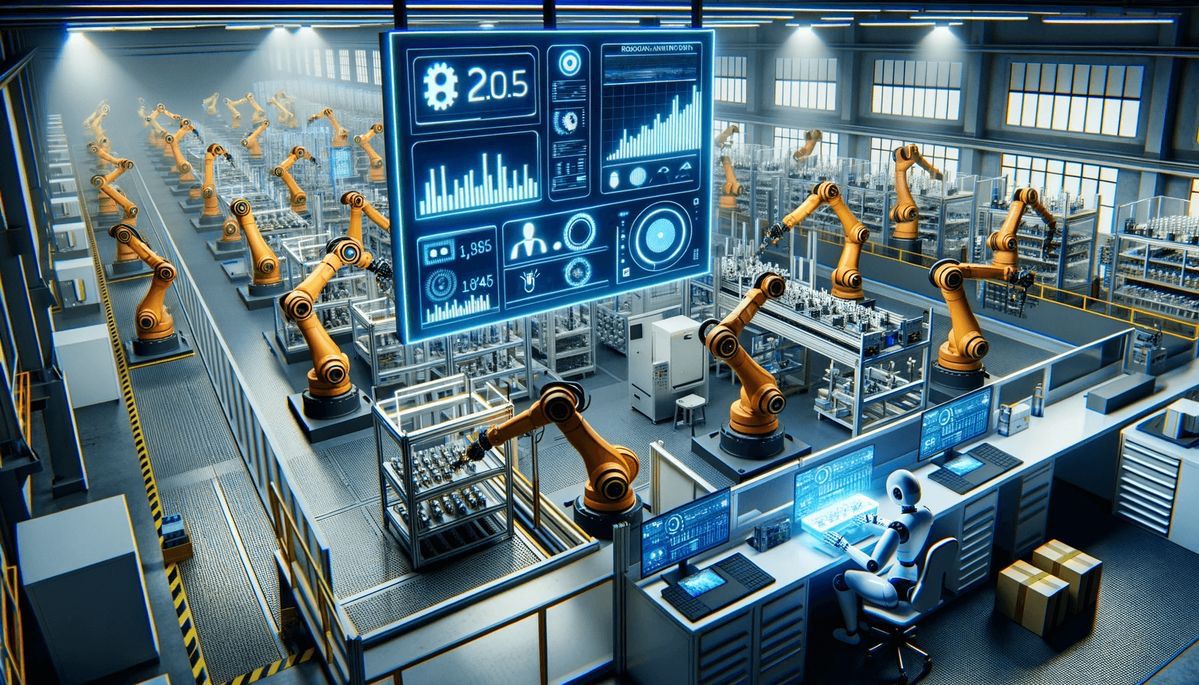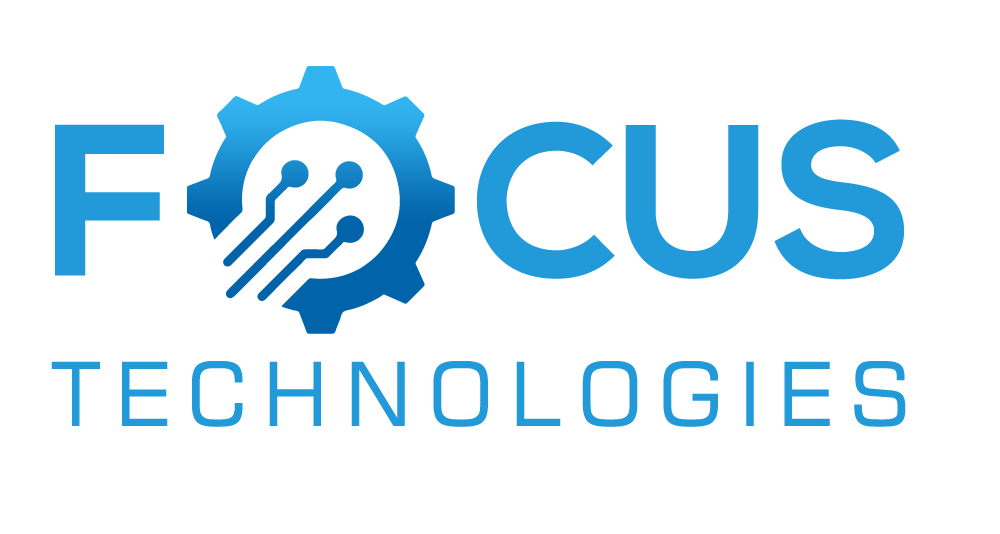bussiness
Indhustry(4.0) and Automation
"Revolutionizing Production: Embracing Industry 4.0 and Automation for Enhanced Efficiency"

IoT Integration
Read More
IoT (Internet of Things) integration involves connecting physical devices, machines, and systems to the internet, allowing them to collect and exchange data in real-time. By embedding sensors and communication technologies into everyday objects, IoT integration enables businesses to monitor operations, track assets, and gather valuable insights for decision-making. In industries like manufacturing, healthcare, and logistics, IoT integration enhances efficiency by automating processes, predicting maintenance needs, and improving resource management. This interconnected ecosystem helps companies optimize performance, reduce operational costs, and deliver more personalized experiences to customers. Ultimately, IoT integration drives innovation, increases agility, and enables businesses to stay competitive in a rapidly evolving digital world.

Robotic Process Automation
Read More
Robotic Process Automation (RPA) is a technology that uses software robots or "bots" to automate repetitive, rule-based tasks traditionally performed by humans. These tasks can include data entry, invoice processing, customer support, and more. By implementing RPA, businesses can streamline operations, reduce human error, and increase efficiency. RPA can work across multiple systems without the need for complex integrations, making it a cost-effective solution for automating high-volume processes. This automation not only frees up employees to focus on more strategic and value-added activities but also enhances overall productivity and accuracy, driving faster decision-making and operational agility in the organization.

Digital Twin Technology
Read More
Digital twin technology involves creating a virtual replica of a physical object, system, or process, allowing businesses to simulate and monitor real-world conditions in real-time. By using sensors and data analytics, digital twins capture data from physical assets and translate it into a digital model, enabling continuous monitoring, analysis, and optimization. This technology is particularly valuable for industries like manufacturing, healthcare, and urban planning, where it helps improve operational efficiency, predict maintenance needs, and streamline decision-making. Digital twins provide a deeper understanding of performance and allow for proactive problem-solving, reducing costs and enhancing productivity while also supporting innovation and long-term planning.

Smart Factory Implementation
Read More
Smart factory implementation involves integrating cutting-edge technologies like the Internet of Things (IoT), automation, robotics, artificial intelligence (AI), and data analytics into manufacturing operations to create a more connected, efficient, and adaptive production environment. By enabling machines, systems, and sensors to communicate in real-time, smart factories provide valuable insights into production processes, helping businesses optimize performance, reduce downtime, and enhance product quality. These innovations enable predictive maintenance, supply chain improvements, and faster responses to changing market demands. Implementing a smart factory not only increases operational efficiency but also supports sustainability, innovation, and long-term competitiveness, positioning businesses for success in an increasingly digital industrial landscape.
For Enquiry
Focus Technologies is a global consulting firm specializing in Operational Excellence, R&D, and cutting-edge business solutions, empowering organizations with innovative training, digital transformation, and strategic growth.
Useful Links
Menu

